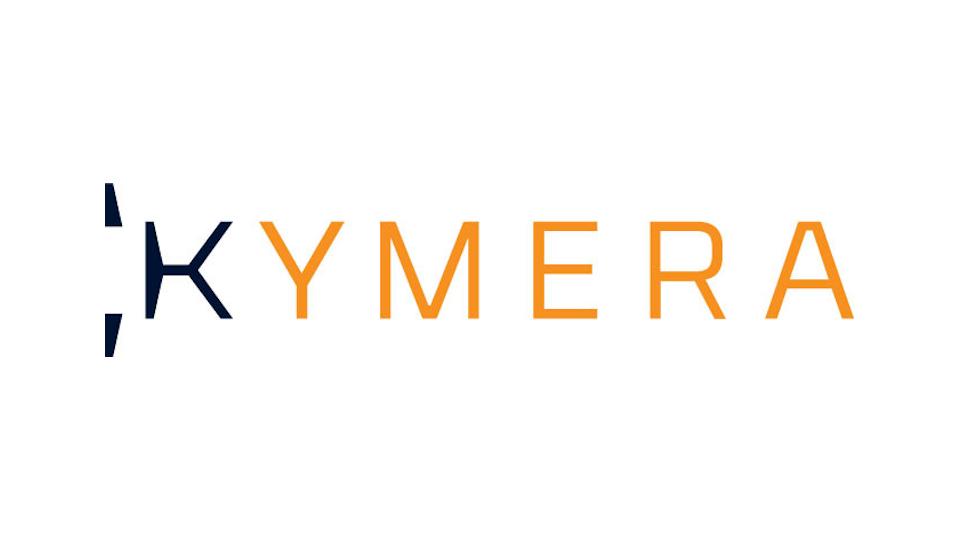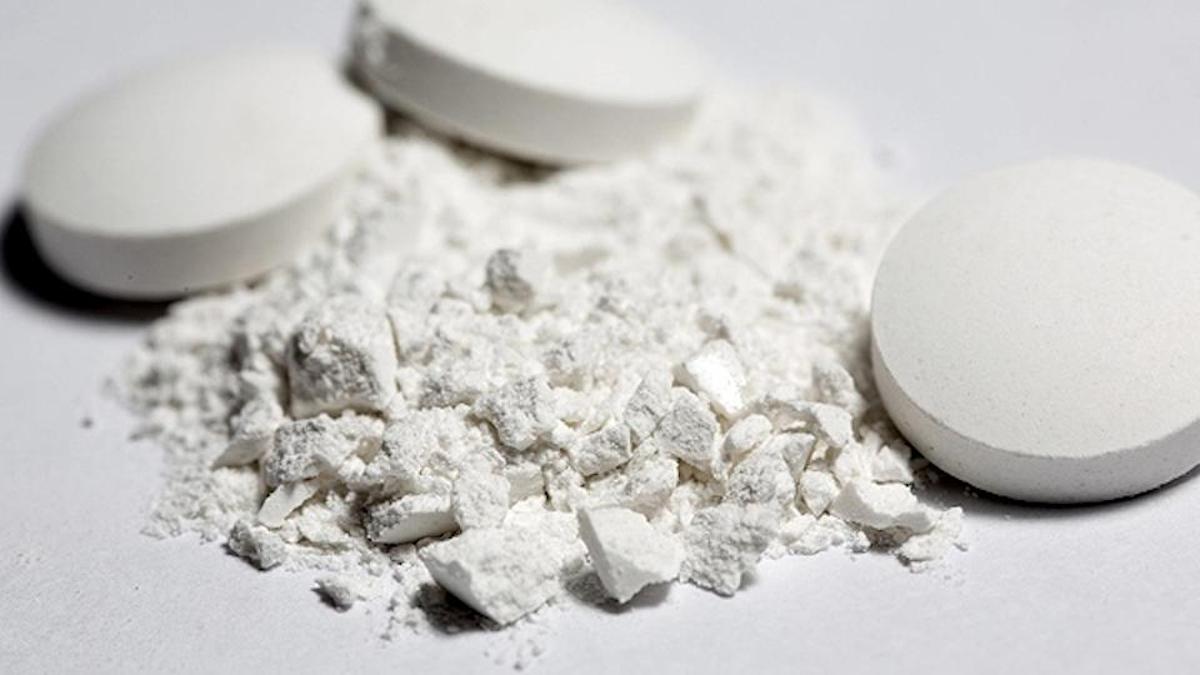Kymera signs $750m cancer deal with Gilead as Sanofi opts in

Kymera Therapeutics is celebrating the signing of two partnerships, with Gilead Sciences taking an option on one molecular glue programme, as Sanofi buys into another.
The agreement with Gilead revolves around a molecular glue degrader (MGD) programme targeting CDK2, which is known to contribute to the growth of breast cancer as well as other solid tumours, including some ovarian, endometrial, and gastrointestinal cancers.
The agreement has a top-line value of $750 million, which includes upfront and potential opt-in payments to the tune of $85 million, said Kymera, which will have responsibility for taking the preclinical-stage programme forward for the time being.
While drugs are already in development that target CDK2, Kymera thinks its molecular glue approach, which deploys a small-molecule drug to mark the protein for destruction by cellular processes, could offer greater specificity and a reduced tendency to cause side effects.
Drugs targeting CDK4/6 are already on the market for breast cancer, including Eli Lilly's Verzenio (abemaciclib), Pfizer's Ibrance (palbociclib), and Novartis' Kisqali (ribociclib), and CDK2 activation has been identified as a main resistance mechanism to CDK4/6 inhibition.
Now, several drugmakers are looking at subtype-specific drugs targeting CDK2, CDK4, and CDK2/4/6, including Pfizer, Blueprint Medicines, Incyte, Incyclix Bio, and Avenzo Therapeutics.
For Kymera, the agreement follows a recently implemented strategy to partner its pipeline of oncology programmes and focus its internal resources on advancing immunology assets.
Meanwhile, Sanofi has selected a new clinical candidate from a five-year-old, $2 billion collaboration with Kymera focusing on MGD therapies that target IRAK4, being explored as a drug target for immunological diseases.
Sanofi has selected KT-485 (SAR447971) as the drug it intends to take forward into clinical development next year, in place of an earlier candidate (KT-474) that has now been dropped.
In connection with the switch to the new programme, Sanofi paid a $20 million milestone payment in the second quarter of this year and is on the hook for up to $975 million in clinical, regulatory and commercial milestones if it develops as hoped.
IRAK4 is believed to play a key role in multiple immune-inflammatory diseases, including hidradenitis suppurativa, atopic dermatitis and rheumatoid arthritis. Gilead is also working on an MGD against the target that it licenses from Nurix.
The two deals are an endorsement of Kymera's R&D platform, which the company says aims to deliver "oral medicines with biologics-like activity."












